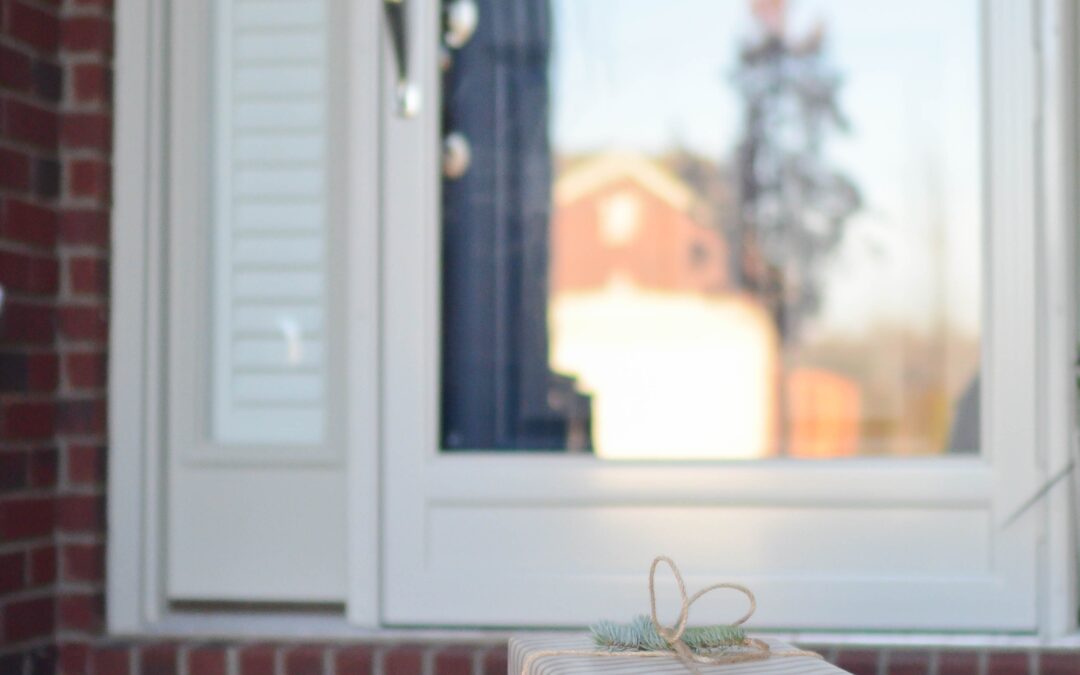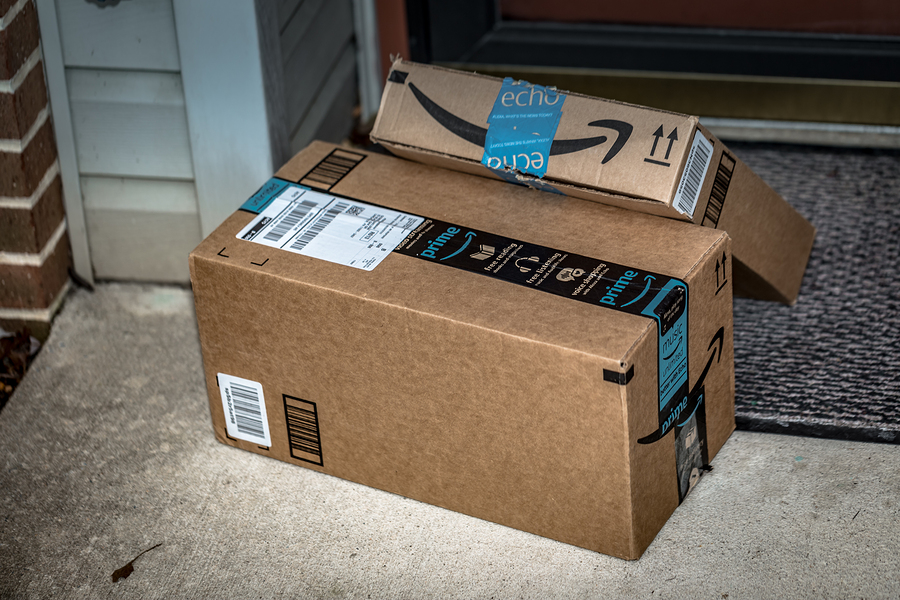Online shopping continues to shape our world – informing our habits, trends, and safety precautions in a changing world. While this isn’t exactly new technology (anyone remember the milkman?) the internet has certainly facilitated a renaissance of delivery methods and conveniences for consumers. In 2020 alone, 60% of Americans said they received a package at home at least once a week.
And with these hefty percentages comes – you guessed it – porch pirates. While Americans wait at home or at work for their packages to arrive, thieves wait in the wings for an opportunity to take advantage of delivered opportunities when no one is watching and valuable deliveries are vulnerable for snatching. And this is no small thing – 43% of Americans have experienced package theft.
When porch pirates sail away with your packages, it’s a huge inconvenience – and sometimes a big expense, too. Here are 5 tips to consider when minimizing your vulnerability to this frustratingly common occurrence.
Tip #1: BOPIS and Smart Lockers
BOPIS stands for “buy online pick-up in store”. For goods and services local to you, this is an excellent way to cut down on thievery risk and is a method of decreased personal contact between people, so it absolutely skyrocketed in popularity during the pandemic.
The basics of BIPOS and smart lockers in case you have yet to dabble: you order online at your convenience. When items are ready, you are able to drive, walk, or bike to the store and quickly receive your items that are stored securely, just for you. Many shops including grocery stores and pharmacies, are beginning to incorporate smart lockers into their process. This means you are immediately notified when your items are ready for you. Often, you can pick up your packages at any hour, too, which is a huge selling point for busy customers.
As mentioned above, this method also cuts down on contact and contaminants between people. Not only are your prescriptions, technology, or meals safe from porch pirates, but you are also less likely to come into contact with viruses floating and sticking around in public places. As the Delta variant of the COVID virus rampages its way across the globe, and it can be hard to trust the choices of those around you, this is a huge comfort and likely to continue increasing demand around these consumer options.
Tip #2: Delivery Directions
Even if you are unable to BOPIS, there are some easy steps to take to minimize opportunities for porch pirates to swipe your goods away. An easy place to start is with delivery directions.
Delivery directions don’t have to sound like a scavenger hunt for the courier who is doing their job as best they can. Simple directions like “inside the porch door” or “behind the yew shrub to the left of the door” can help as packages are less visible, and therefore, less tempting to passing opportunists.
Tip #3: Reroute
With most online companies, it is simple and easy to reroute where your packages are delivered to accommodate your whereabouts. If you spend most of your time at work, consider rerouting packages to your work address instead of your home one. This way, packages won’t be lingering on your front step for hours while you finish up your tasks at the office.
Tip #4: Utilize Delivery Services
Depending on your personal comfort level and preferences, there are also a handful of apps that pretty much guarantee the safe arrival of your online purchases.
For example, Amazon Key boasts a system of secure deliveries inside your garage. Drivers recieve one-time, temporary access to your garage. The technology confirms the driver’s identify with multi-step authentication. Cameras can also be integrated into the system for extra peace of mind if you would like.
Tip #5: Talk To Your Neighbors
If tip #4 made you a bit uneasy, consider this fifth and final tip an ode to the old-school sensibility of real-life interactions and community engagement. Talking with your neighbors, knowing their names, and looking out for one another shouldn’t be such a radical concept, but in many parts of the world it can be a rare relationship indeed.
Being friendly with neighbors can be a delight – and also a safety practice. Not only can you borrow flour or an egg in a time of need, but you can also ask that people keep an eye out for you – and the packages you are awaiting – and you can do the same for them.
There are a lot of aspects of our society that promote isolationist, individualized thinking. Ultimate, a connected neighborhood is a safer neighborhood and it is within all of our power to cultivate that dynamic in the areas where we live.



